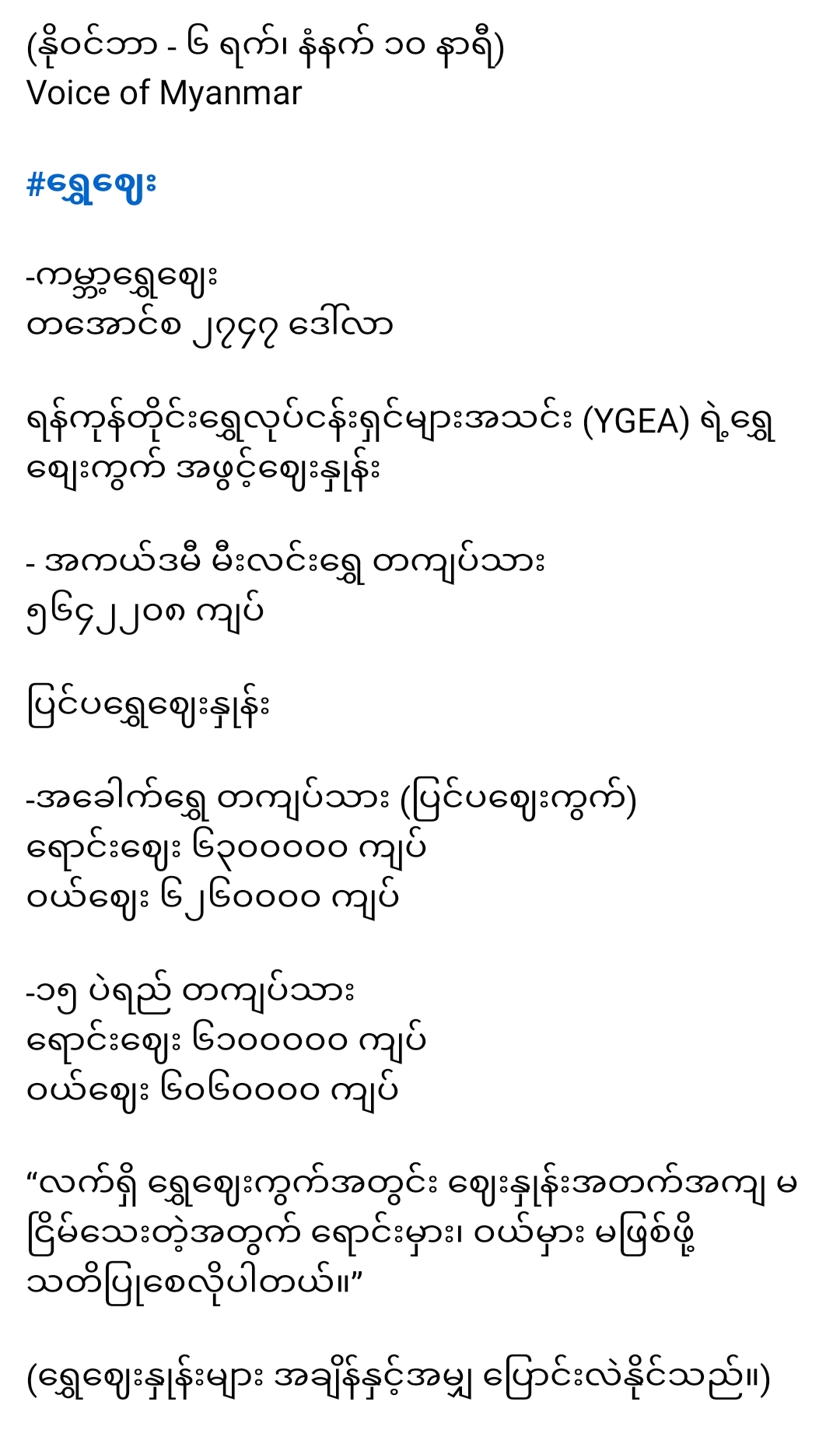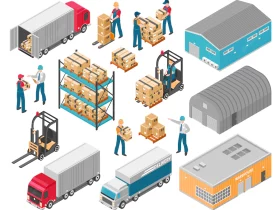
Equatorial Guinea’s main imported goods
Equatorial Guinea, a small nation on the west coast of Central Africa, relies heavily on imports due to its limited domestic production capacity and dependence on oil exports as its primary economic driver. As a result, the country imports a variety of goods to support its population and economy. Here’s an in-depth look at the main goods that Equatorial Guinea imports, covering essential items, industrial products, and consumer goods.
1. Food and Agricultural Products
A significant portion of Equatorial Guinea’s imports is dedicated to food and agricultural products. Due to limited arable land and agricultural activity, the country is heavily reliant on imported food to meet the needs of its population. Staples such as rice, wheat, corn, and other cereals are widely imported, along with a range of processed foods. Other popular imports include meats, dairy products, and poultry, especially chicken. Fruits and vegetables are also imported in large quantities to provide a balanced diet to the population, as local production is minimal. Beverage imports are common, including juices, sodas, and alcoholic drinks.
2. Machinery and Transport Equipment
Industrial machinery, electrical equipment, and vehicles form another large segment of Equatorial Guinea’s imports. Given its focus on the oil sector, the country requires a steady supply of drilling and refining equipment, industrial machinery, and other specialized tools to support this industry. Transport equipment, such as trucks, cars, and boats, is also imported to facilitate logistics, transportation, and the movement of goods and people within the country. Additionally, construction machinery is in demand to support the development of infrastructure projects.
3. Fuel and Chemicals
Although Equatorial Guinea is an oil producer, the country still imports refined petroleum products like gasoline and diesel due to the limited local refining capacity. Other chemical imports include fertilizers, which are essential for the limited agricultural activities in the country, and industrial chemicals for use in various sectors. Lubricants, pharmaceuticals, and cosmetic chemicals are also imported, with pharmaceuticals representing a crucial import to support the healthcare sector and improve access to medicine for the population.
4. Consumer Goods
Equatorial Guinea imports a wide range of consumer goods, including electronics, appliances, clothing, and household items. Consumer electronics, such as mobile phones, televisions, computers, and small home appliances, are highly sought after, reflecting global trends and the desire for modern convenience. Clothing and footwear are predominantly imported, as local production is limited. Household goods such as furniture, kitchenware, and personal care items are also imported, catering to the growing middle class.
5. Construction Materials
As the government focuses on developing the country’s infrastructure, imports of construction materials like cement, steel, and other building supplies have risen significantly. These materials are used in building roads, bridges, airports, hospitals, and schools, with the construction sector remaining an essential part of Equatorial Guinea’s non-oil economy. Equipment for construction projects, including building materials and prefabricated structures, are also regularly imported to support ongoing development projects.
6. Pharmaceuticals and Medical Supplies
Equatorial Guinea’s healthcare infrastructure is still developing, so the country imports a large proportion of its pharmaceutical products and medical supplies. Medications, vaccines, and basic healthcare products are essential to meet the needs of the population, especially as the government aims to improve healthcare access. Imported medical supplies include everything from basic bandages and syringes to more advanced medical equipment like X-ray machines and hospital beds.
7. Textiles and Apparel
While clothing and fashion may not be among the primary needs, they still form an essential part of Equatorial Guinea’s imports. Textiles, apparel, and accessories are often imported from countries with strong textile industries, such as China and Turkey. These goods include both casual and formal wear, along with accessories and footwear, reflecting the demands of the urban population and the growing interest in global fashion trends.
8. Electronics and Telecommunication Equipment
Equatorial Guinea also imports a variety of electronic goods, including telecommunication equipment necessary for the nation’s connectivity. Mobile phones, network infrastructure, and IT equipment are essential for both personal and business communication. The importation of these goods supports Equatorial Guinea’s efforts to improve its digital and communication infrastructure and expand internet access, an area critical to fostering economic growth and connectivity in the modern world.
Conclusion
Equatorial Guinea’s import patterns reflect the structure of its economy and the reliance on foreign goods to support its population and industries. The country imports essential food items, machinery, refined fuels, consumer goods, and pharmaceuticals to bridge the gap left by limited local production. The reliance on imported construction materials and medical supplies is especially notable, given the government’s efforts to build infrastructure and improve healthcare. Equatorial Guinea’s dependence on these imported goods will likely continue as it seeks to diversify its economy and develop its non-oil sectors.




Leave a Reply